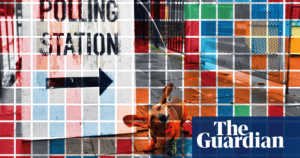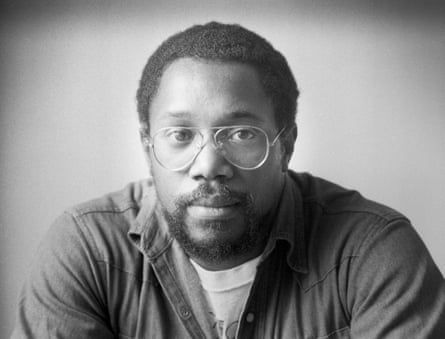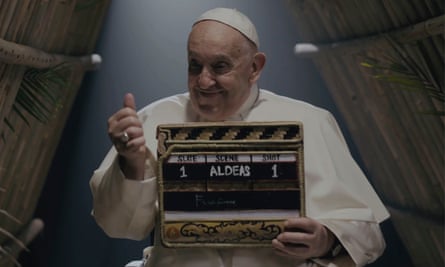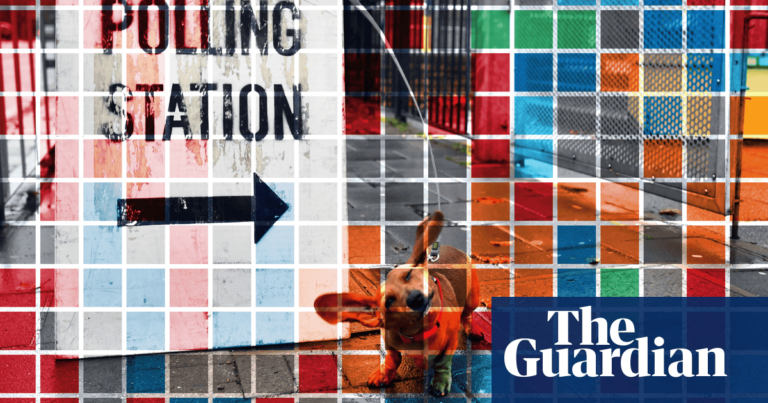E
Earlier this month, the music industry faced a major upheaval as Universal Music Group revealed its decision to remove all of its music catalog from TikTok. This includes popular artists like K-pop sensation BTS, pop icon Taylor Swift, and established acts like Abba.
UMG, in a public statement, stated that they have decided to take a stand against the platform’s insufficient payment rates, inadequate safeguards against AI deepfakes, and overall low safety standards for its users. They also accused TikTok of attempting to intimidate them by removing only the music of their emerging artists, while leaving the music of their popular, global stars on the platform. In response, TikTok dismissed UMG’s claims as untrue and merely rhetoric.
Universal artists’ music has been removed from TikTok after the company made the announcement, and this includes music from artists under Universal’s publishing arm. This means that any songs that have samples or co-writing from a Universal publishing artist, regardless of their share in the songwriting, can no longer be used on TikTok. This also impacts popular songs such as Harry Styles’s “As It Was” and SZA’s “Kill Bill”, as well as upcoming releases that were previously promoted on the platform. Some experts predict that up to 80% of the music on TikTok may be removed, but the company disputes this and estimates that only 20-30% will be affected.
The extensive removal of content by UMG is significant, but it was expected that there would be a limit with TikTok. In 2018, when the app started gaining popularity, those in the music industry saw it as a valuable asset due to the success of unsigned and unknown artists like Lil Nas X and Jawsh 685 who were suddenly topping the Billboard charts without much external promotion. When Fleetwood Mac’s Dreams became a viral hit on the app in 2020, it became evident that TikTok was transforming the way people consumed music, giving new life to older songs with the right exposure.

Popular TikTok songs now have streaming numbers in the hundreds of millions, and even billions, within just one year, generating significant profits for musicians and record labels. The impact has extended to live performances as well: for example, in 2018, indie-rock artist Mitski performed for 2,000 people in London, but this year, thanks to a few songs that went viral on TikTok, she will be playing for over 20,000.
However, TikTok quickly began to feel like a heavy weight for artists. For many years, performers like Halsey and Florence Welch have expressed frustration over the expectation from labels to utilize the platform for promoting their new music. Some artists have even implied that labels will keep songs from being released until they garner enough buzz on TikTok. Even artists like Noah Kahan, who have found success through TikTok in the past year, are aware of the perception that they are reliant on the platform. Kahan’s reaction to UMG’s removal included a humorous video where he joked about becoming “a TikTok artist.”
Critics argue that TikTok motivates artists to produce music that is specifically intended to become viral. This strategy often succeeds, as shown by the abundance of popular songs that incorporate well-known samples from the 90s and 2000s.
There is a lot of disagreement about whether TikTok fame leads to long-term achievements. In 2022, American musician Steve Lacy received attention for expressing frustration that audience members at his concerts were only interested in recording a short clip of his performance of his viral track “Bad Habit.” Similarly, New Zealand musician Benee, whose song “Supalonely” went viral during the pandemic, has been unable to recreate that level of success on the US charts.
Recently, there has been a new issue that has arisen. With the immense amount of songs that become viral on TikTok daily, only a limited number manage to have a significant impact beyond the app. During the previous year, majority of the viral songs on the platform that attained success in the real world were from well-known artists like Doja Cat and Central Cee – both of whom originally gained fame through the platform. Only a small number of songs, such as South African singer Tyla’s “Water” and K-pop band Fifty Fifty’s “Cupid,” were truly able to break through.
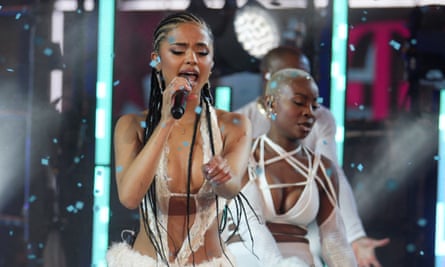
In summary, it can be concluded that TikTok’s partnership with the music sector was never a long-term solution. This realization was also reached by numerous online media outlets in the mid-2010s when they shifted their focus to video content in an effort to please Facebook’s algorithm. However, this strategy ultimately backfired and highlighted the unreliability of relying on a privately owned company with questionable motives and practices. While established celebrities may not feel a significant impact from their music being absent on TikTok, emerging artists could face challenges in gaining exposure and building a following without the platform’s reach.
Bypass the advertisement for the newsletter.
after newsletter promotion
TikTok is aware of the consequences of Universal’s takedowns on its users. A recent trial was conducted in Australia and New Zealand, where popular songs were removed for some users. This resulted in a significant decrease in user engagement, highlighting the importance of big songs and associated trends for users.
Most likely, Universal’s choice will result in a self-defeating cycle: even if songs from non-mainstream artists, Sony, and Warner replace those of top artists like Drake and Taylor Swift, it’s likely that user activity will have already declined, leaving lesser-known artists to compete for leftovers.
Universal is not expected to change their decision unless TikTok agrees to pay higher rates to artists. However, this outcome is uncertain. While this move may harm emerging artists in the short-term, it serves as a wake-up call for the industry. It highlights the industry’s reliance on one unpredictable platform for virality and neglect of other important aspects. This event may prompt people to seek out new, innovative ideas instead of sticking to what they are used to.
Source: theguardian.com

